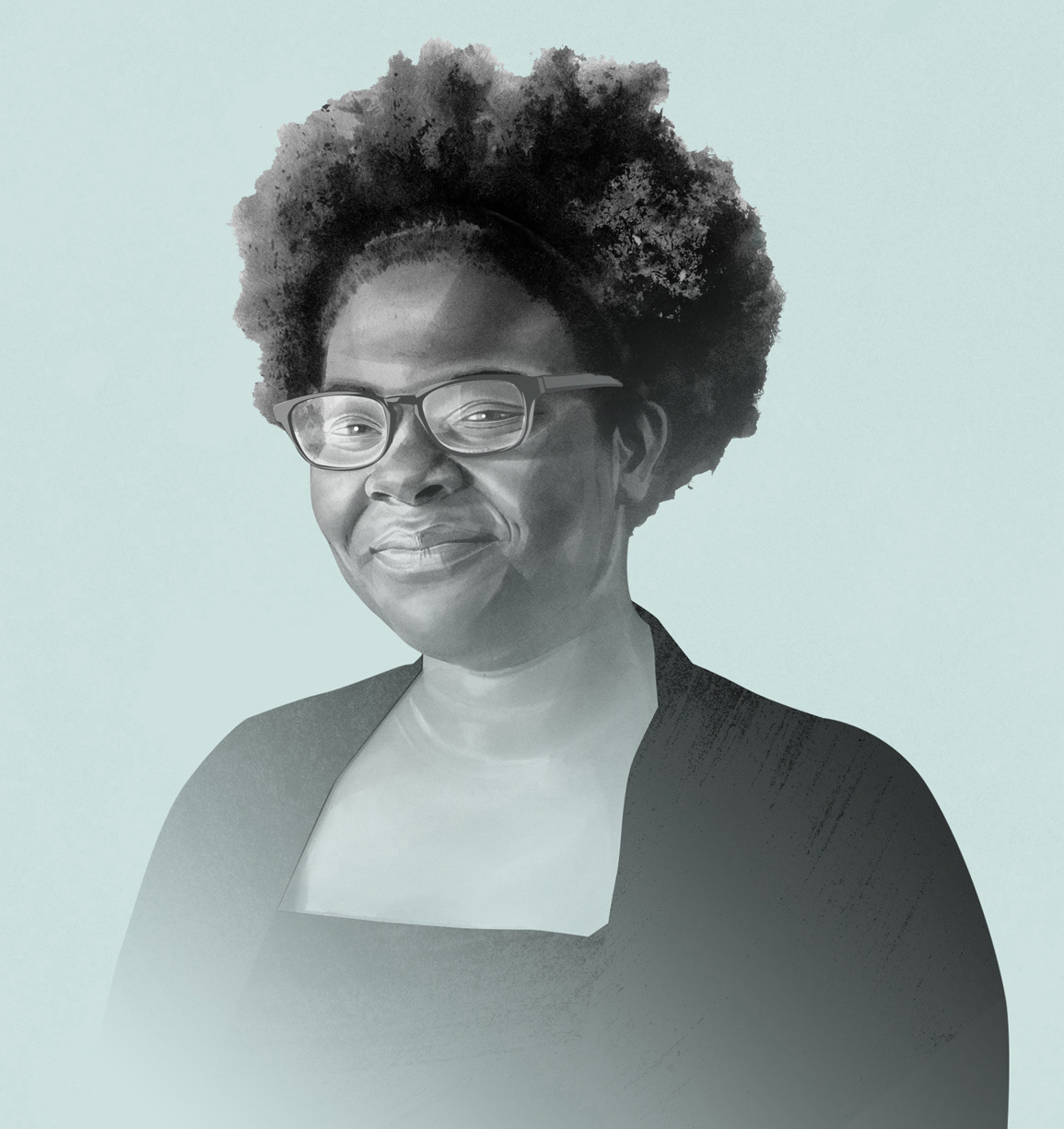Spend a few hours with Destiny Watford and you could be forgiven for mistaking her for a normal college student. But Watford is no ordinary 21-year-old. Since her senior year of high school, Watford has led a committed group of teenagers, called Free Your Voice, in a movement to stop a company from building what would have been the largest incinerator on the Eastern Seaboard in her community’s backyard. The group’s members knocked on doors, pressed elected officials and confronted corporate executives until authorities revoked the project’s permit earlier this year.
The win brought attention to air pollution in Curtis Bay—the Baltimore neighborhood she calls home—and landed Watford the prestigious Goldman Environmental Prize. But Watford never set out to become an environmental activist—and to some degree does not think of herself as one now. Her movement is about protecting the human rights of friends, family and neighbors. “People thought of our fight to stop the incinerator cute after school hobby,” she says. “It was not just a hobby, it was an act of survival.“
Read More: She Found Out That Water Is the First Key to Development
Curtis Bay’s zip code ranks as the most polluted in the state of Maryland and asthma plagues large swathes of the population. From the front steps of Benjamin Franklin High School, where Watford launched her movement, students can see a coal disposal facility, a landfill and countless other high-pollution industrial facilities.
Part of Watford’s movement centered on helping her neighbors rid themselves of what she calls the “dumping ground mentality”—the belief that nothing will ever change. Eliminating that mentality required a combination of good-old-fashioned grassroots organizing with creative storytelling. For instance, the group composed a song to share the community’s plight and performed it for the school board.
Changing the narrative about the incinerator required the activists to shift the focus of the conversation jobs and tax revenue to the health of young people instead. Now, Free Your Voice is pushing for a community solar farm that can bring jobs without hurting the health of community members in the spot where the incinerator would have been built. “For so long our voice has been taken from us or hindered in some way,” Watford says. “In creating our own narrative we take the power back.”
The message of empowerment has caught on among students at the high school. Isaiah Green, an 11th grader sporting a Harriet Tubman t-shirt, describes Watford as a role model. “Destiny has been the most awesomest person ever,” he says. “Even though that’s not even a word.”
And, if those who know Watford best are to be believed, the incinerator marks just the start. Community leaders agree that Watford’s leadership will be crucial as Free Your Voice continues to push to clean up the air in the community. But first, she needs to finish college.
- How Nayib Bukele’s ‘Iron Fist’ Has Transformed El Salvador
- What Makes a Friendship Last Forever?
- How to Read Political Polls Like a Pro
- Long COVID Looks Different in Kids
- What a $129 Frying Pan Says About America’s Eating Habits
- How ‘Friendshoring’ Made Southeast Asia Pivotal to the AI Revolution
- Column: Your Cynicism Isn’t Helping Anybody
- The 32 Most Anticipated Books of Fall 2024
